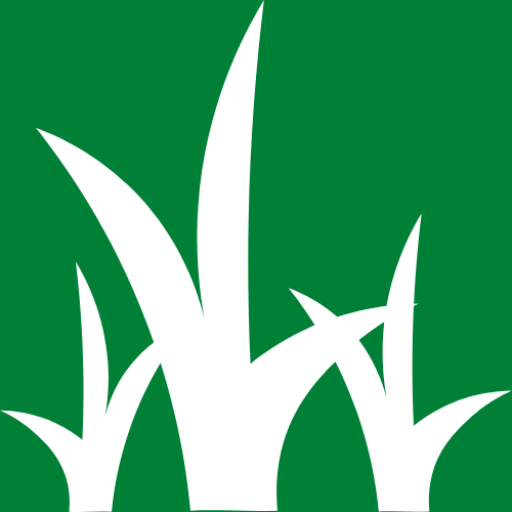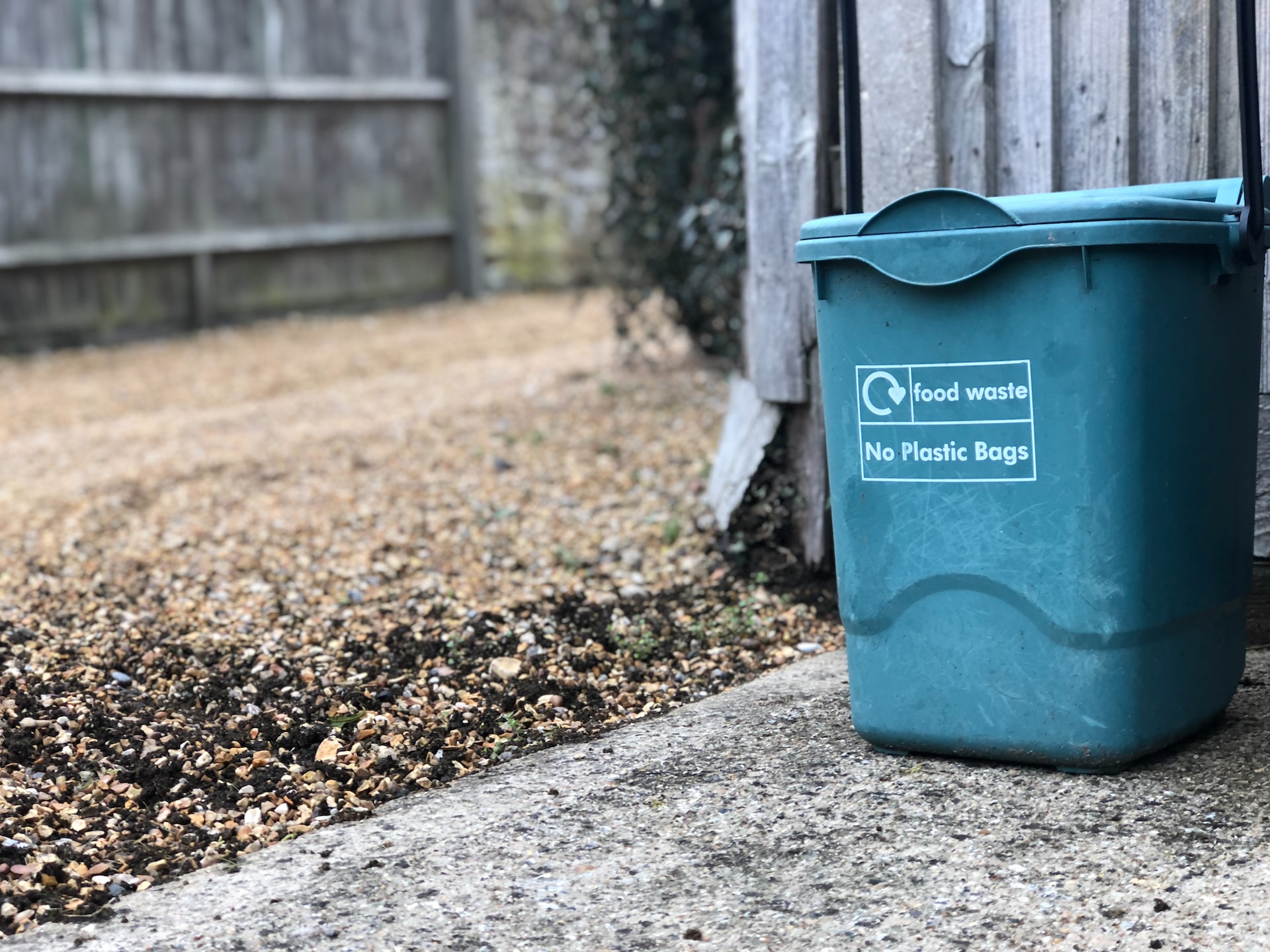Composting is a process that helps organic matter decompose. This is done by breaking down the material into a soil like substance that can be used to improve the quality of soil. It is the process of breaking down organic matter such as food scraps, leaves, grass clippings, straw What you put in your compost bins and what you decide not to compost can vary depending on where you live, but there are some general guidelines that most people follow In this article

You’ll learn about different types of organic material that can go into compost bins, as well as which ones shouldn’t be used at all! We’ll also discuss how often you should turn your bin and whether worms are necessary for proper decomposition. Finally, this article will explain why using a tumbler composter is better than just having an open pile on your property.

What is composting, and how does it work?
Composting is a great way to reduce waste in your home and enjoy all the benefits too! This process converts organic material into compost by breaking it down with microorganisms, which then becomes ready for use at planting time or around plants. The best part about this: you can do most of these steps yourself- so no need to spend money on someone else when there are ways cheaper than buying new things every day that will work just as well.
What to compost?
There are many things that can go into your compost bin. These items include:
Fruit and vegetable peels

You can put fruit and vegetable peels in your compost bin. Just be sure to remove any stickers or waxes that might be on them
Bread
Bread is a great item to add to your compost pile. It will help with the nitrogen levels and speed up the process.
Coffee grounds
Coffee grounds are a great addition to your compost pile. They are high in nitrogen and can help break down organic matter quickly
Eggshells
Eggshells are another thing that you can put into your compost bin. Crushing them before adding them will help them decompose faster
Shredded newspaper or cardboard (not glossy)
You should put shredded newspaper or cardboard into your compost bin. This will help with carbon levels and speed up decomposition
Tea bags with staples removed

Tea bags with staples removed are okay to compost. Just be sure to remove the staples first!
leaves and grass clippings
leaves and grass clippings can go into your compost bin, as well as straw, hay, and sawdust
Paper bags
Paper bags can be composted, but they should not contain any plastic or foil. They are also slow to break down

What NOT to compost
It’s important to know what NOT to put into your bin or pile. Here are some of the things you should not compost
Black Walnut Tree Debris
Compost piles should never contain black walnut tree debris, as it will release a toxin that can kill plants.
Dog or cat waste
Although it is organic matter, pet waste should not be composted because of the risk of spreading diseases.
Meat and fish scraps
Meat and fish scraps will decompose, but they can also attract pests.
Dairy, fats and oils
Dairy, fats and oils will also decompose, but they can also attract pests.
Eggshells
Although egg shells are organic matter, they contain sharp edges that can damage other compost materials.
Human or animal hair
Human or animal hair can be difficult to break down and it may contain parasites or diseases.
Sawdust from treated lumber
Sawdust from treated lumber should not be composted because of the toxins it contains.
Weed Seeds
Weed seeds can survive the composting process and will germinate when they are added to soil.
Diseased Plants
Diseased plants can spread diseases to other plants. Another reason not to add diseased plants to compost is that they may not break down completely.
Garbage
Things like plastic bags and aluminum foil should never be composted because they will not decompose
Rotting Meat
Rotting meat should never be composted. It will attract pests and can cause diseases to spread
Cereal boxes and waxed paper
Cereal boxes and waxed paper are not compostable because they contain chemicals that will break down during the process.
Yard waste
Yard waste is not compostable because it contains pesticides and herbicides that will leech into the soil when added to compost.
Paper towels
Paper towels are not compostable because they contain chemicals that will break down during the process.
Styrofoam
Styrofoam is not biodegradable and it will take many years to break down. It is best to dispose of it in the trash.
Plastic
Plastic is not biodegradable. It is best to dispose of it in the trash rather than attempt to compost it.
Metal
Metal should not be composted because it takes a long time to decompose.
Walnut Shells
Although walnut shells are organic matter, they contain tannins that can inhibit the growth of other plants.
Glass
Glass should not be composted because it takes a long time to decompose and it can break down into small pieces that can be dangerous.
Pesticides and Herbicides
Pesticides and herbicides can kill the microbes that break down the organic matter in your compost pile or bin.
Yard trimmings (leaves, grass clippings)
Yard trimmings should not be composted because they contain pesticides and herbicides that will leech into the soil when added to compost.
Paper plates, paper napkins, and tissues
Paper plates, napkins, and tissues are not compostable because they contain chemicals that will break down during the process.
Styrofoam peanuts (made from Styrene)
Styrofoam peanuts should never be composted as they do not biodegrade easily.
Wine corks
Wine corks are not compostable. They will take a very long time to decompose.
Charcoal ash
Charcoal ash should not be composted because it contains toxins that will kill the beneficial microbes in your compost pile or bin.
Cotton balls and swabs
Cotton balls and swabs should never be composted because they contain chemicals that will break down during the process.
Garden debris containing bugs and insects
Compost piles should never contain garden debris containing bugs and insects, as they can damage the pile or bin.
Glossy Paper
Glossy paper should not be composted because it can take a long time to decompose.
Pine needles
Pine needles should not be composted because they can take a long time to decompose and they can also acidify the soil.
Cardboard
Although cardboard is made from organic matter, it is difficult to break down and takes a long time to decompose. It is best to recycle it instead of composting it.
The benefits of composting
Well, there are many benefits to having a compost bin or pile. These include:
Reducing waste:
Composting can reduce the amount of waste that goes into landfills. It also reduces emissions from trucks and other vehicles that are used to transport waste.
Creating a nutrient-rich soil amendment:
The final product of composting is a rich soil amendment that can help improve the quality of your soil.
Helping the environment:
Composting is a great way to help the environment by reducing the amount of green waste that is sent to landfills.
Reducing the use of chemical fertilizers:
Composting can help reduce the need for chemical fertilizers, which are harmful to the environment.
Saving money:
Composting will save you money on fertilizer and soil amendments. You can also sell your compost to other gardeners.
Speeding up your composting
Composting can take years, depending on how you do it. Regardless of what you decide to add to your compost bin be sure that your compost pile has all the ingredients necessary for decomposition, so that it will break down faster. There are many ways to speed up your composting process some of which include:
Know your limits
Know what goes in compost bins and what not to be sure that you are only adding a certain amount of food scraps, or other organic matter. Too much can lead to the pile getting too wet, which will slow down the process
Turning your pile: Whatever you put in your compost bin should turned every couple months so that there is enough oxygen flowing
Air and water
Anything you are placing in compost bins should be kept moist, but not too wet. They also need to have enough air flow and turning the pile will help with this
The right balance
It is important to have the right balance of nitrogen and carbon in order for your compost pile to decompose efficiently. This can be tricky, but adding things like dried leaves or straw will help with this
What to do with finished compost
Once your compost is finished, you can use it in your garden or lawn. You can also give it away to other gardeners. Just be sure to tell them where it came from so they can keep track of the compost’s history!
Another thing you can do with finished compost is to spread it around trees and shrubs. This will help them grow better, as well as prevent weeds from growing up under the branches where they won’t get enough sunlight.
It is also great for houseplants that need more nutrients than they can get in potting soil alone!
You can use finished compost to top dress your lawn, spread it over flower beds and vegetable gardens.
Conclusion
Composting is a great way to reduce your waste, and help the environment. Not only that, but you can also create a nutrient-rich soil amendment for your garden! By following these tips, you can speed up the composting process and have finished compost in no time!

